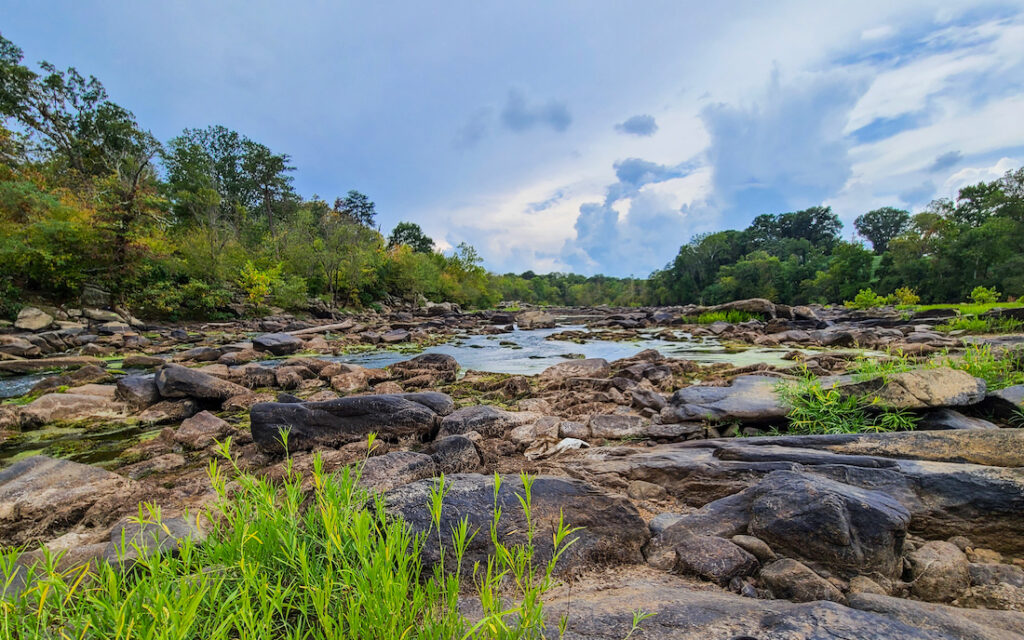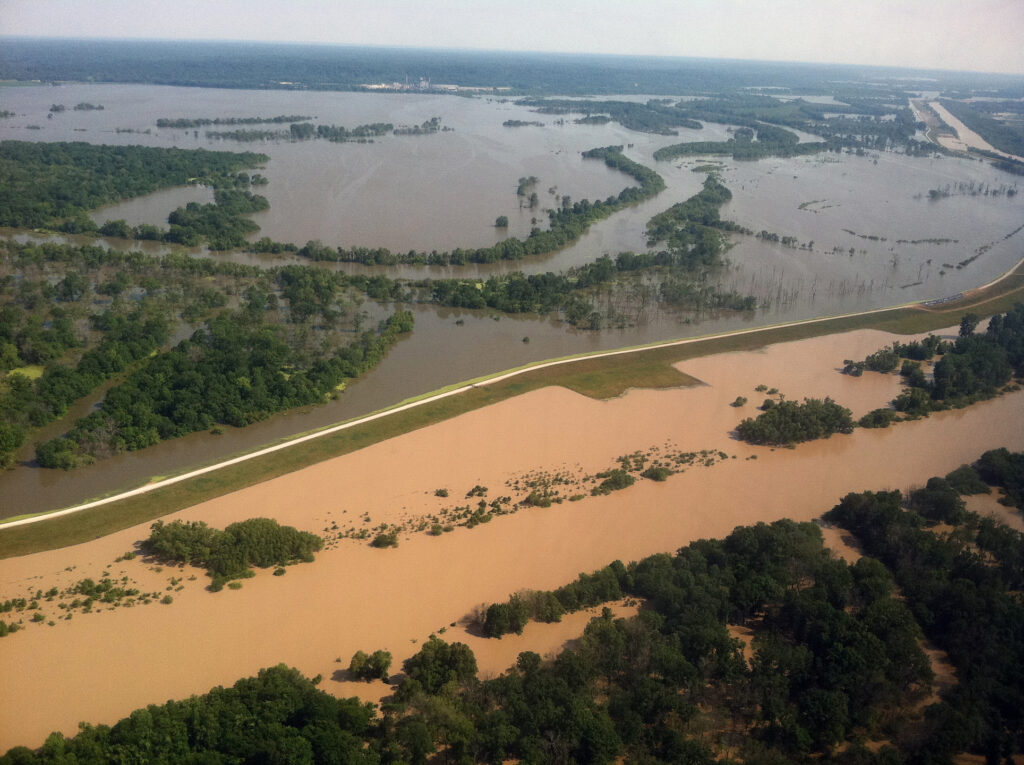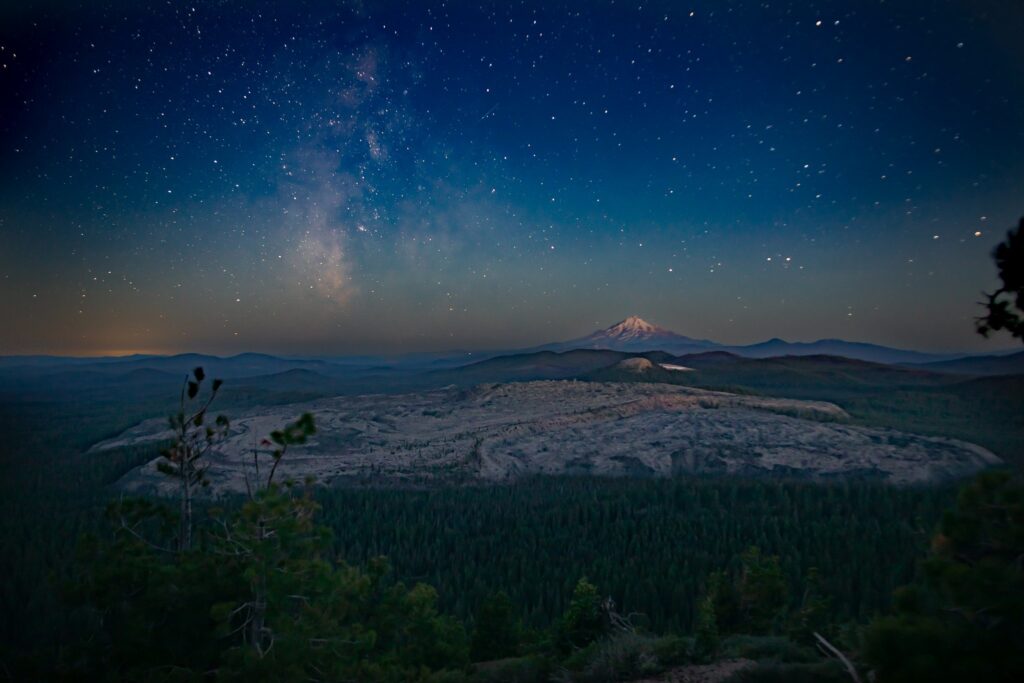Teaming Up to Take Care of Urban Streams
What’s a River Rendezvous, anyway? It’s a one-day, “snapshot of watershed health” event driven by volunteers collecting water samples from creeks, streams and rivers all across their own communities.
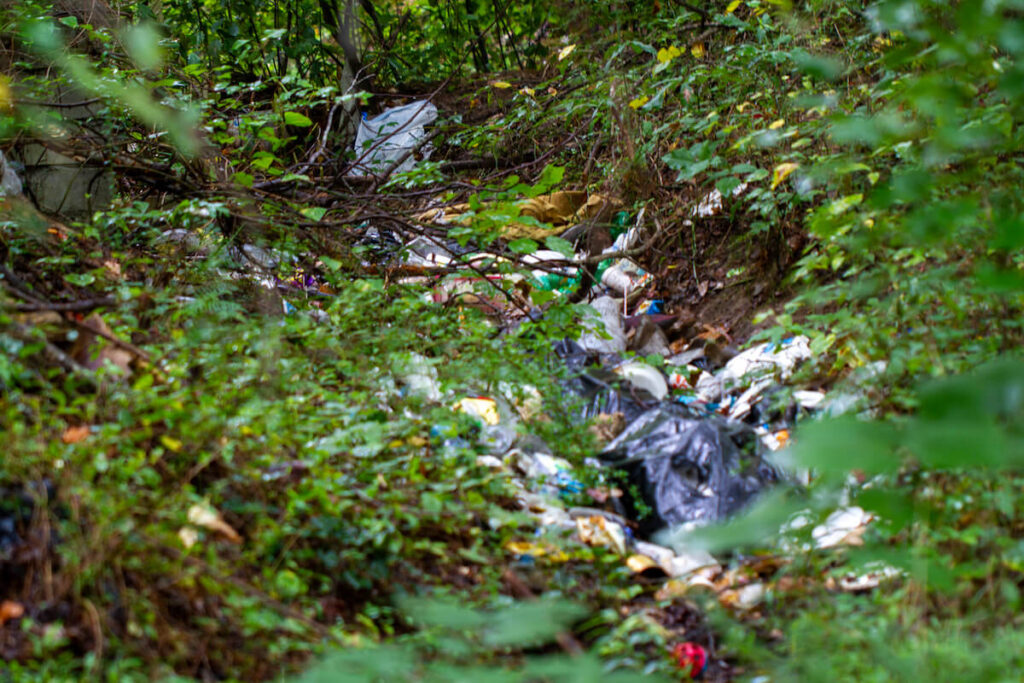
Disclaimer: I am not a water quality nerd. I do know enough to be dangerous, and I may be a nerd about other things, but if you’re looking for somebody to really dig in on some water quality data, I am not that person.
That’s why I have a team.
The particular team I’m talking about is the partnership of organizations and institutions that recently put on the third annual Southside River Rendezvous here in Metro Atlanta. With three events under our collective belt, we’re feeling like we’ve hit our rhythm and created something that’s going to last.
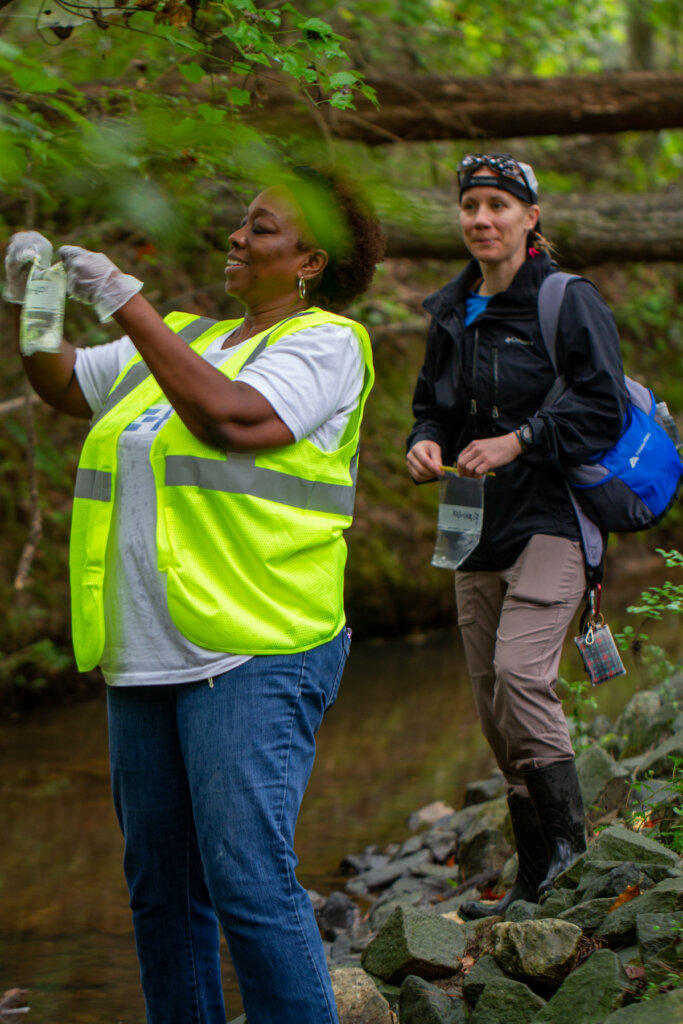
And it’s taken a team to do it: Atlanta’s southside includes parts of three different river basins, so the team includes the Chattahoochee Riverkeeper, Flint Riverkeeper and South River Watershed Alliance. With guidance from ECO-Action, American Rivers has helped these partners coordinate this multi-watershed event, which is also a signature community engagement activity for the Finding the Flint initiative. And the hub on which all this collaboration turns is Clayton State University, whose fantastic students and faculty and new water resources lab provide the home for the event itself and all the water quality testing that makes the River Rendezvous tick.
What’s a River Rendezvous, anyway? It’s a one-day, “snapshot of watershed health” event driven by volunteers collecting water samples from creeks, streams and rivers all across their own communities. The southside team has borrowed the format from Chattahoochee Riverkeeper, the West Atlanta Watershed Alliance (aka WAWA) and the Upper Oconee Watershed Network (over in Athens, Georgia). It’s a way to cast a wide net for water quality data in these urban and suburban watersheds, catching pollution problems which might otherwise go unnoticed. We’re still sorting through this year’s dataset, which might lead to some needed clean-up activities and will certainly add to the long-term monitoring of the area’s waterways.
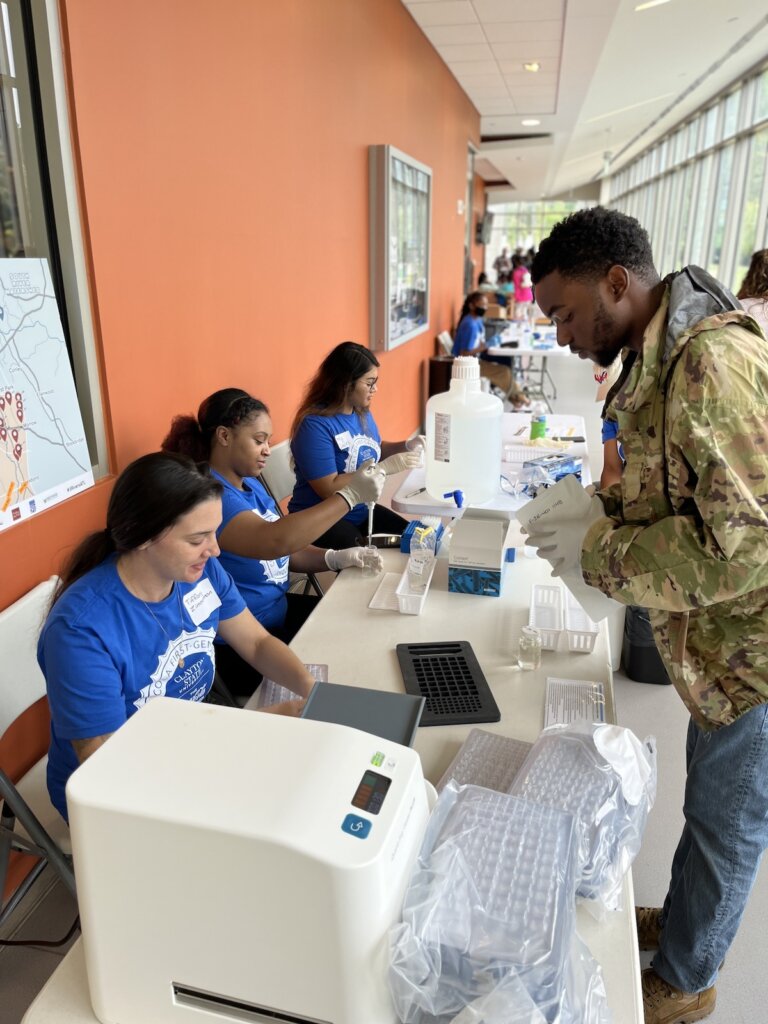
I admit that for me, the best part of a River Rendezvous is seeing the volunteers—some of whom left the morning’s gathering looking mildly unsure of their mission for the day—return with their water samples and the glow of people who’ve done a little exploring. Maybe they saw turtles or muskrats, or found some ripe muscadine grapes growing over the creek bank, or simply discovered where these vibrant (if often under-appreciated) streams course through their own community.
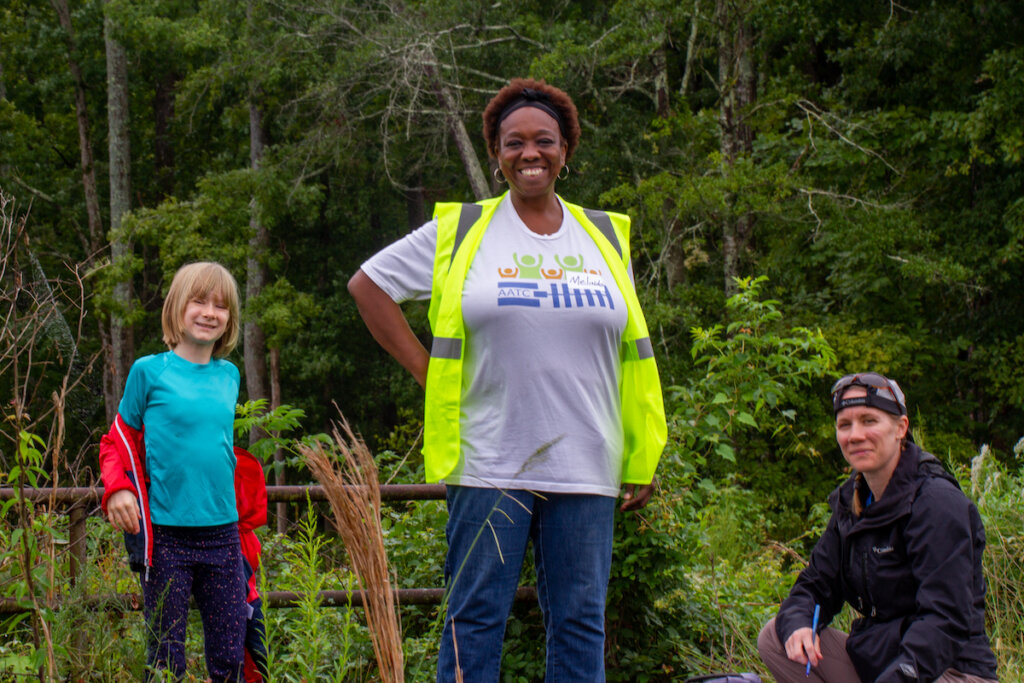
Of course, the event’s value is much greater than that: it yields actionable data to improve water quality. And it engages community members in producing that data: each year we see family groups, Scout troops, college students from all over Atlanta and others turn out. Most of all, a River Rendezvous engenders a sense of stewardship of these watersheds—stewardship by community members, academic institutions, friends, students and neighbors. Because taking care of our rivers and streams takes a team, too.

